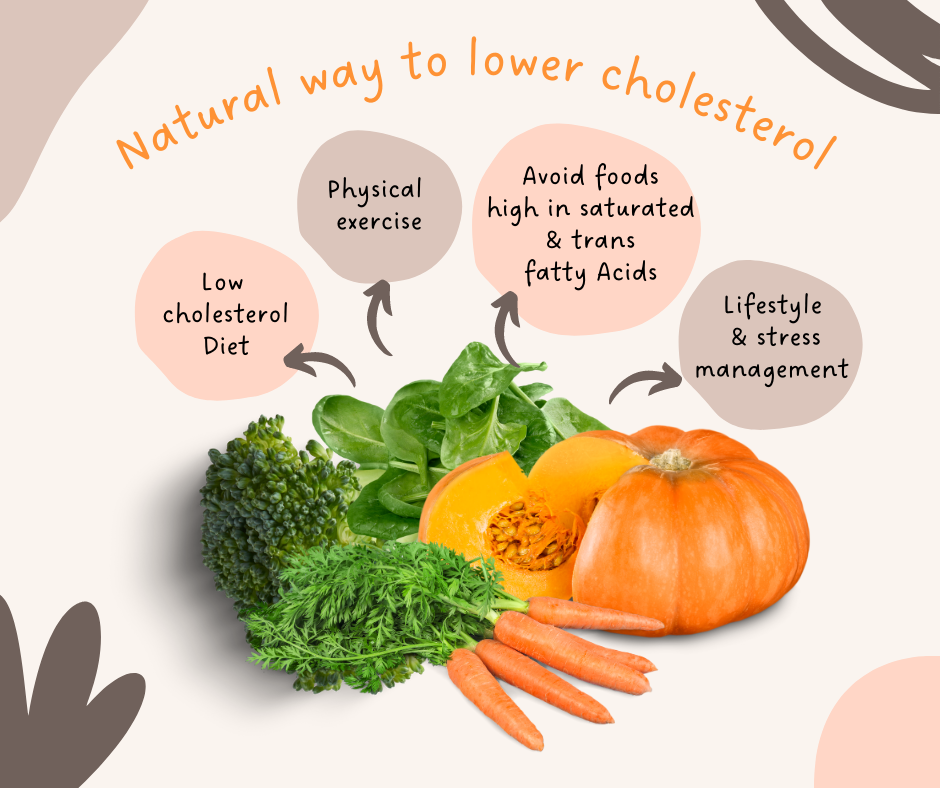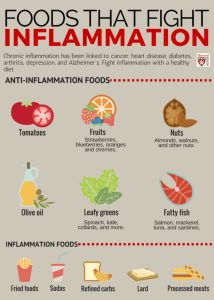
Cholesterol is a type of fat that is essential for the body to function properly. However, too much cholesterol in the blood can lead to health issues such as heart disease and stroke. There are two types of cholesterol: low-density lipoprotein (LDL) and high-density lipoprotein (HDL). LDL cholesterol is often referred to as “bad” cholesterol because it can lead to plaque buildup in the arteries, while HDL cholesterol is known as “good” cholesterol as it helps remove LDL cholesterol from the bloodstream.
How Diet Can Impact Cholesterol Levels
Your diet plays a crucial role in managing your cholesterol levels. Consuming a diet high in saturated fats, trans fats, and cholesterol can raise LDL cholesterol levels, while a diet rich in fruits, vegetables, whole grains, and healthy fats can help lower LDL cholesterol and increase HDL cholesterol levels. Making smart dietary choices can have a significant impact on your overall cholesterol profile.
Top Foods to Manage Cholesterol Naturally
Oats: Oats are a great source of soluble fiber, which can help reduce LDL cholesterol levels.
Fatty Fish: Fatty fish such as salmon, mackerel, and sardines are rich in omega-3 fatty acids, which can lower triglycerides and increase HDL cholesterol levels.
Nuts: Almonds, walnuts, and other nuts are high in healthy fats, fiber, and antioxidants that can improve your cholesterol levels.
Avocado: Avocados are a rich source of monounsaturated fats, which can raise HDL cholesterol levels and lower LDL cholesterol levels.
Legumes: Beans, lentils, and chickpeas are excellent sources of soluble fiber and plant-based protein that can help lower cholesterol.
Healthy Habits to Improve Cholesterol Levels
In addition to making dietary changes, there are some healthy habits you can adopt to help manage your cholesterol levels naturally:
Exercise regularly: Physical activity can help raise HDL cholesterol levels and lower LDL cholesterol levels.
Quit smoking: Smoking can lower HDL cholesterol levels and increase the risk of heart disease.
Maintain a healthy weight: Being overweight can increase LDL cholesterol levels and overall risk of heart disease.
Limit alcohol consumption: Excessive alcohol intake can raise triglyceride levels and contribute to high cholesterol.
Manage stress: Chronic stress can impact cholesterol levels, so finding healthy ways to cope with stress is essential.
Managing your cholesterol levels through diet and lifestyle changes can have a lasting impact on your overall health. By incorporating more heart-healthy foods and habits into your daily routine, you can improve your cholesterol profile naturally and reduce your risk of heart disease and stroke.

